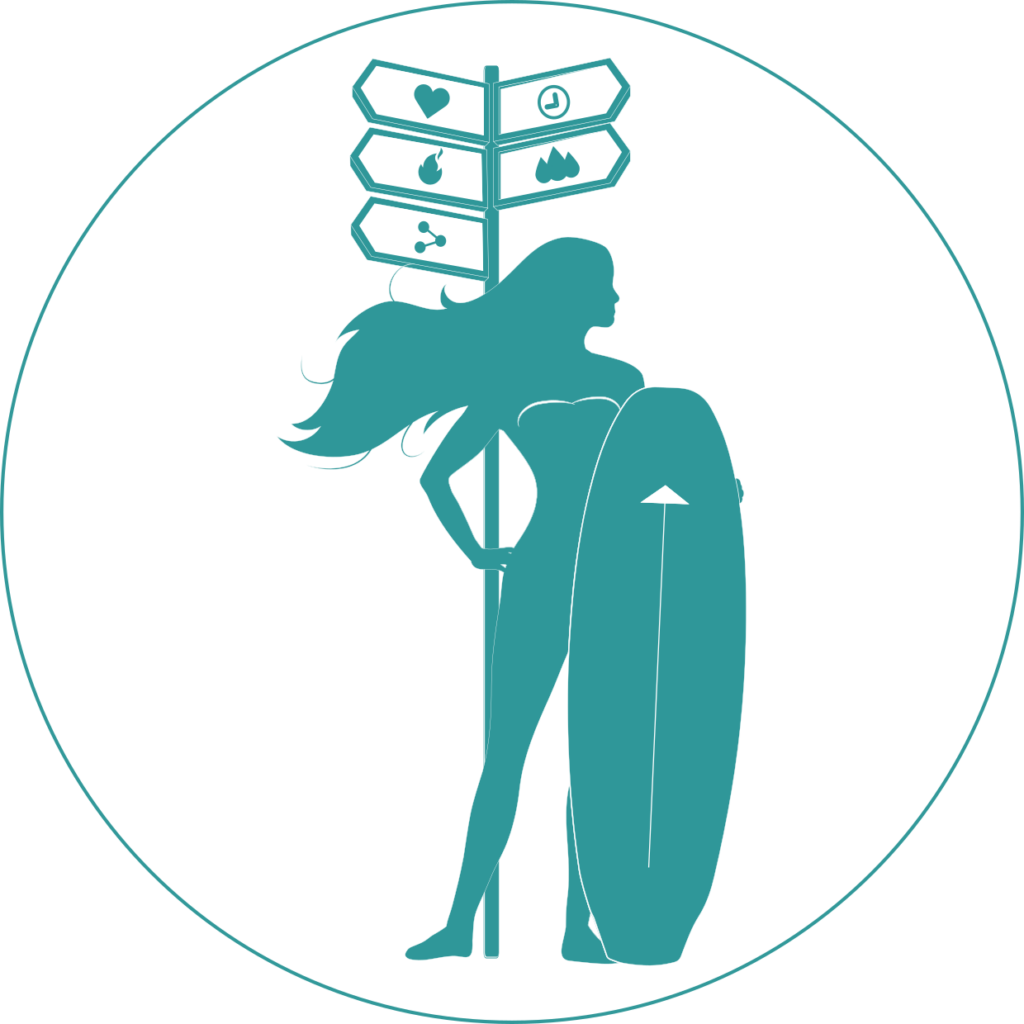Knowing the Line Between Forgiveness and Letting Go
Friendship is one of life’s greatest joys—a complex dance of shared experiences, mutual support, and the occasional misstep. But even the best friendships aren’t immune to rough patches. Sometimes, good friends make mistakes, and other times, the cracks reveal deeper issues.
So how do you tell the difference between a friendship worth salvaging and one that’s toxic to your well-being? Let’s explore the line between being an imperfect friend and being one you need to let go of, guided by science, insight, and experience.
When Good Friends Have Bad Days
Even the most dependable friends can falter. Maybe they snapped at you when they were stressed, missed an important event, or seemed distant when you needed them. These moments don’t necessarily make someone a bad friend—they make them human.
The difference lies in how they respond afterward. If your friend acknowledges their misstep, apologizes, and makes an effort to improve, it’s a sign of a strong, healthy relationship. Research highlights that forgiveness, when deserved, can deepen trust and strengthen bonds over time.
Key takeaway: Occasional slip-ups are normal. What matters is whether they own their behavior and strive to make amends.
Signs of a Toxic Friendship
But what happens when these “bad days” start feeling like the norm? Toxic friendships don’t just disappoint—they drain you emotionally and mentally. Even after you have been clear about these topics with your friend. Some ‘un friend like’ behaviour can lie in miscommunication or simple blind spots. There are sometimes reasons behind behaviour you have no knowledge of.
Here are a few red flags:
• Consistent Selfishness: Your friend always seems to prioritise their needs at the expense of yours.
• Emotional Drain: You feel undervalued, judged, or exhausted after interacting with them.
• Lack of Support: They diminish your achievements or fail to show up in tough times.
• Manipulation: You feel coerced or controlled, often at the expense of your values or comfort.
• Disrespect: You feel like your friend is talking down on you, negative about you or lies.
Studies show that toxic relationships can increase stress, anxiety, and even negatively impact physical health. Healthy friendships, on the other hand, are proven to boost emotional stability and happiness.
Key takeaway: A toxic friendship leaves you feeling worse, not better.
When to Walk Away
The hardest part of any toxic friendship is deciding when to let go. Here are some critical questions to ask yourself:
1. Is this a pattern? Does their hurtful behaviour happen repeatedly despite discussions and chances for change?
2. How do I feel? Do you feel consistently drained, hurt, or disrespected after spending time with them?
3. Have they crossed boundaries? Do they ignore or dismiss your attempts to set healthy limits?
If the answer to these is “yes,” it may be time to reevaluate the relationship. Walking away from a toxic friendship isn’t easy, but it’s sometimes the best form of self-care.
Navigating the Decision
Before cutting ties, consider these steps:
• Communicate Openly: Share your feelings and give your friend a chance to respond. They might not even realise how their behaviour has affected you.
• Set Boundaries: Clearly define what’s acceptable moving forward and see if they respect your limits.
• Seek Support: Talk to other trusted friends or a coach to gain perspective.
• Prioritise Yourself: Your mental health and happiness come first. If a friendship consistently undermines them, it’s okay to let go.
The Bottom Line
Friendships, like all relationships, require effort, understanding, and mutual respect. A good friend won’t always be perfect, but they will own their mistakes and value your well-being. On the flip side, a toxic friendship is marked by repeated harm, manipulation, and a lack of reciprocity.
The line between forgiving and walking away is ultimately about respect—both for the friendship and for yourself. And if you ever find yourself questioning whether a friendship is worth it, remember this: It’s better to be alone than in bad company.
Looking for support in navigating tricky relationships or setting healthy boundaries? Let’s work together to help you build meaningful connections and live a life that feels good from the inside out.

